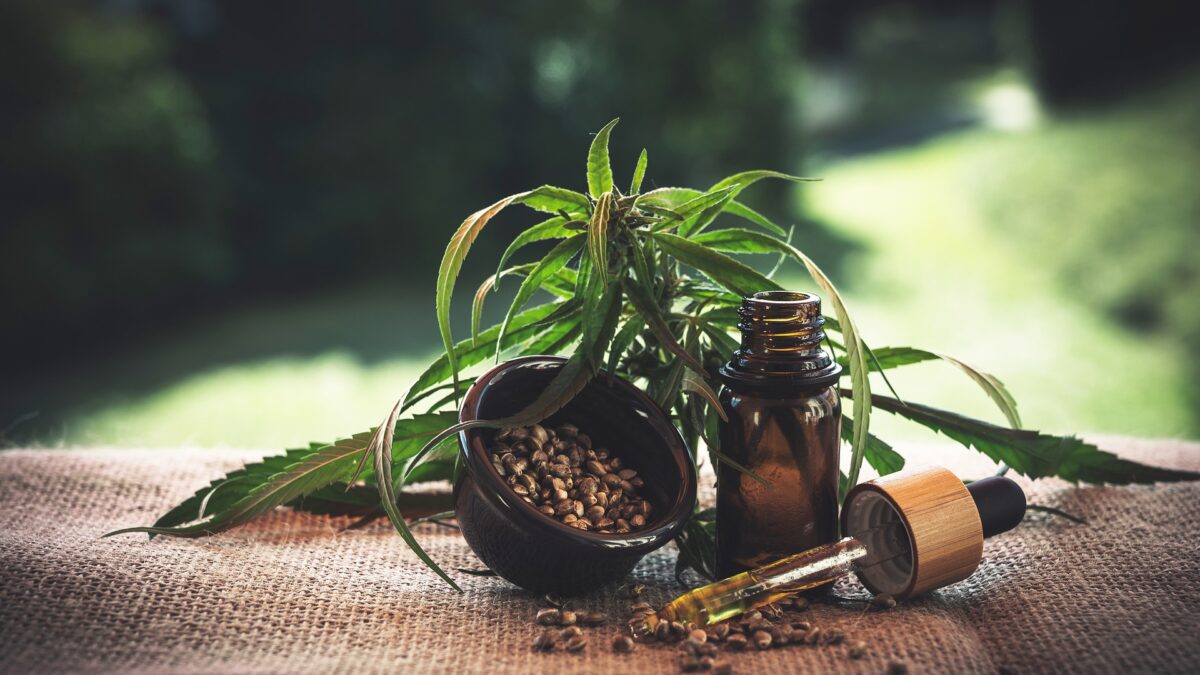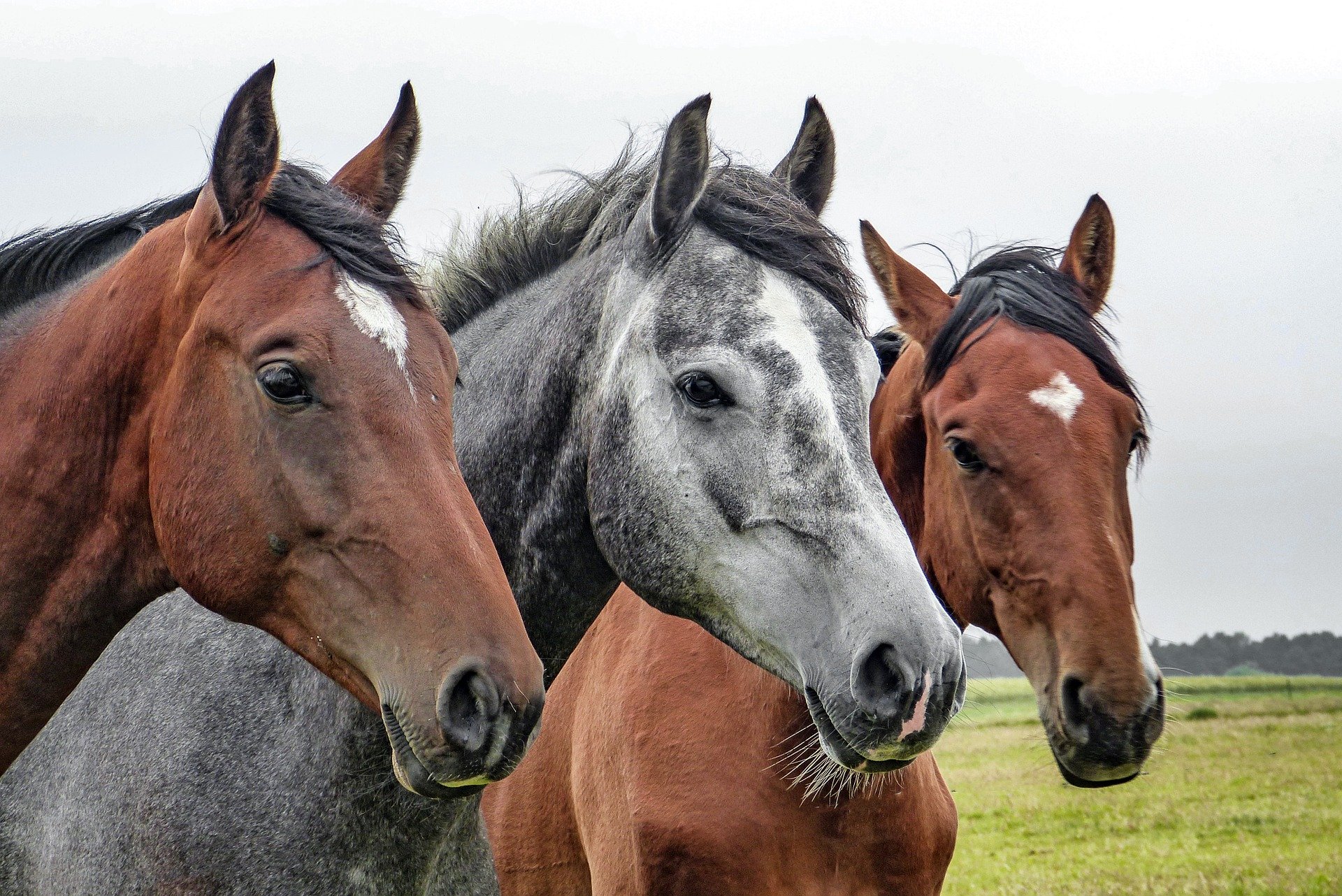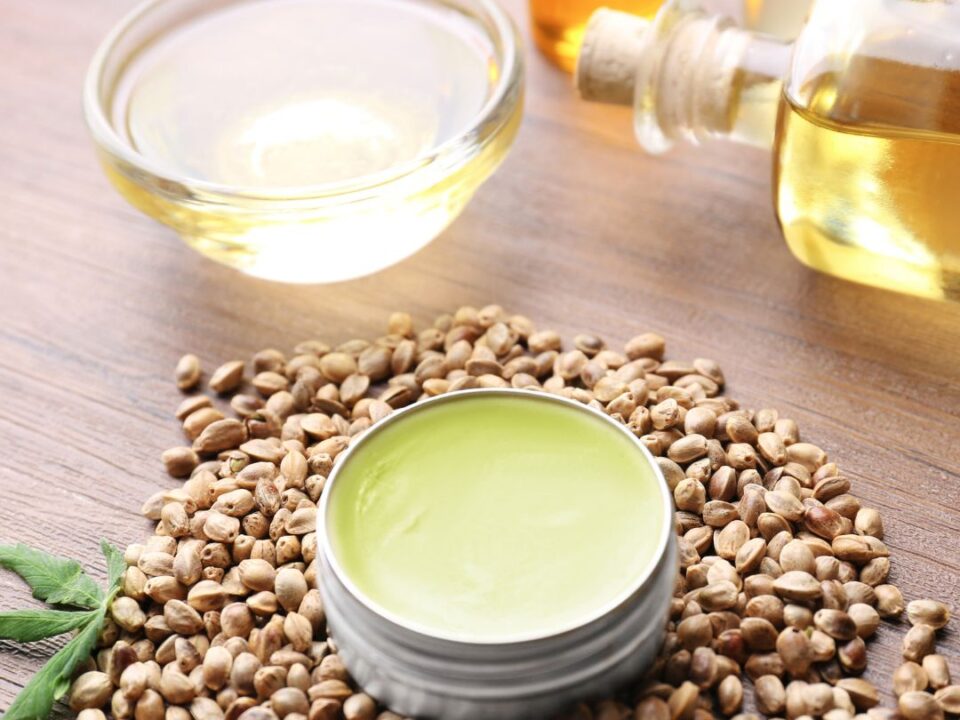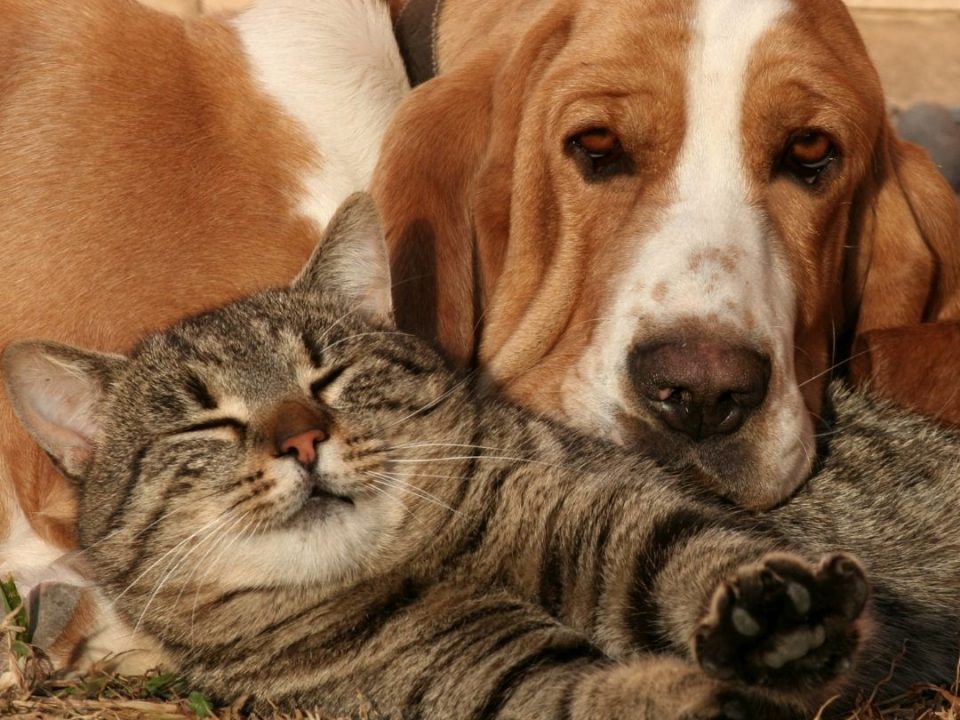
2020 Ultimate CBD Dosing Guide
In this 2020 Ultimate CBD Dosing Guide, you’ll find out how much cannabidiol you should give to cats, dogs, horses, and, yes, people. You’ll also learn about dosages for specific needs, such as how much of the stuff you need for sleep compared to, say, chronic pain. By the end of the guide, you’ll know how to make the best use of your CBD. Ultimately, you’ll be in a much better position to deal with your symptoms (or those of your animals) and benefit from your investment.
CBD – or cannabidiol – has been hailed as something of a wonder compound, able to help with all kinds of conditions that regular medicine can’t touch, like anxiety and chronic pain. But how much of the stuff should you administer? And in what form?
How Much CBD Should People Take?
Because the research into CBD is still in its early stages, scientists and medics are yet to hammer out how much of the compound you should take for specific conditions. For that reason, we advise caution. Always start with a low dose and work your way up from there.
With that said, there are now numerous published peer-reviewed studies in which investigators have found that specific dosages lead to improvements in symptoms for a range of conditions. Right now, therefore, your best bet is to stick with the actual amounts used in the studies. Don’t rely on guesswork or online formulas to come up with a figure.
CBD Dosage For Anxiety
In 2011, researchers investigated the effect of CBD on a condition closely associated with anxiety disorders. The dose for patients in that test was high at 400 mg, but this was one of only two doses administered in the trial. People in the experiment did not take the compound every day – study organizers applied it twice, and that was it.
Other studies in which people consumed CBD daily used much lower doses.
A 2013 study found that inhaled CBD at a dose of 32 mg per day was enough to combat
anxiety-induced memory loss.
A 2011 study found that 12 to 25 mg once per day was a safe dose and appeared to combat some symptoms of anxiety disorder.
Daily doses are, therefore, much lower than one-offs. Even so, some people may want to take more, since CBD does not appear to cause anxiety or side effects, even at much higher doses.
Recommendation: Take between 12 mg and 32 mg of CBD daily for anxiety
CBD Dosage For Sleep
There is substantial evidence that CBD can help people get better sleep. CBD, for instance, may reduce both pain and anxiety, which reduces the likelihood of insomnia.
Again, information on how much CBD people should take for sleep disorders is thin on the ground.
A 2019 study on the effects of CBD on sleep quality found that the majority of people who took between 25 mg and 75 mg of the compound got higher quality sleep than those who did not.
A study in rats found that doses up to 100mg/kg of body weight were well tolerated and also helped to improve their sleep. As happens so often in animal studies, however, the applied doses were way above those for humans. An equivalent dose for a 65 kg person would be a whopping 6,500 mg – that’s too much.
Recommendation: Take between 25 mg and 75 mg of CBD daily for better sleep.
CBD Dosage For Pain
There’s now considerable evidence that CBD may be able to help relieve pain for some people living with chronic pain conditions. The compound appears to bind with specific receptors in the peripheral nervous system and the brain, blocking pain signals and helping to return the body to balance. Interestingly, many researchers believe that physical pain and mental anxiety work through identical channels, thus explaining why cannabidiol seems to remedy both.
The literature, unfortunately, provides less guidance for dosing CBD for pain.
A study in rats with inflammatory arthritis used a variety of topical CBD doses, running from 0.6 mg to 62 mg per day. The treatment appeared to reduce the inflammation in the rats’ joints and produced no side effects, even at high doses. Interestingly, there seemed to be no significant difference between the rats who took 6.2 mg and 62 mg, meaning that the effectiveness of CBD “topped out” at a lower dose level. This researchers also applied CBD gel to the skin of the rats, making it how the dose would translate to human oral administration.
In 2000, another group of researchers studied the effect of both topical and oral CBD in mice with arthritis. They found that oral doses of around 25 mg/kg were effective.
Recommendation: No established human data. Use dosages for anxiety.
How Much CBD Should Cats Take?
As you might imagine, the data on how much CBD cats should take for various conditions are scanter than it is for people. Even so, diligent veterinarians and home practitioners have developed regimens that appear to work in their animals, giving them a higher quality of life.
CBD Dose For Cat Anxiety
Cats, just like people, can sometimes experience bouts of anxiety. The condition can cause all kinds of problems for the animal and their owners, making them uncomfortable and aggressive.
When it comes to CBD doses for cats with anxiety, there are no well-controlled studies. For that reason, the current recommendations are trial and error, based on what worked for pet owners in the past.
The currently accepted dosage for cats with anxiety is around 0.1 to 0.5 mg CBD per pound of bodyweight. The average cat weighs approximately 10 pounds, so that would imply a dose of between 1 mg and 5 mg.
Recommendation: 0.1 mg to 0.5 mg CBD per pound body weight daily
CBD Dose For Cat Sleep
If cats are stressed, they can sometimes find it difficult to fall asleep. And when they can’t sleep, they become grouchy and dysfunctional.
The biology of cats is significantly different from people, and it is not clear yet whether CBD exerts its effect through the same channels. Even so, the dosage recommendations remain the same for sleep as they do for anxiety: 1 mg to 5 mg daily.
Recommendation: 0.1 mg to 0.5 mg CBD per pound body weight daily
CBD Dose For Cat Pain
Just as in people, chronic arthritis is a leading reason why cats experience chronic pain. The condition makes it difficult to move the joints and enjoy life, leaving your animal listless.
The current recommendation for arthritis pain in cats is slightly higher at more than 1.2 mg per pound of body weight or 0.5 mg/kg. CBD is well-tolerated in animals, but you may want to trial a low dose first just to make sure.
Recommendation: 0.5 mg to 1.2 mg CBD per pound body weight daily
CBD Dosages For Dogs
Knowing the amount of CBD you should give your dog can be a little tricky. Again, as with cats, we’re yet to see extensive trials using the compound in the scientific literature. With that said, both veterinarians and owners have developed rough guidelines for dosages for a variety of conditions they believe are safe and effective.

CBD Dose For Dog Anxiety
Some dogs can have a rough start in life that can lead to the development of chronic anxiety. Fortunately, CBD may be able to help.
The current recommendations for dogs differ depending on whether you want to give a “standard,” “therapeutic,” or “medicinal” dose. Here, the amount of CBD you give depends on how severe you think that your dog’s anxiety is. At the lower end, administer 0.1 mg/kg.
Then you can increase the dose up to around 0.5 mg/kg depending on their response. So, for instance, if your dog weighs 10 kg, you’ll give them between 1 mg and 5 mg of CBD, gradually increasing to higher doses over time.
Recommendation: 0.1 mg/kg to 0.5 mg/kg CBD daily
CBD Dose For Dog Sleep
Dogs with anxiety or pain issues can sometimes find it difficult to sleep. Again, you may wish to administer CBD.
Canine Journal recommends starting dogs on a dose of 0.2 mg/lb and building from there. A dog that weighs 10 pounds, therefore, would take a dose of 2 mg of CBD to help with sleep. A typical 25-pound dog would need 5 mg CBD daily.
Recommendation: 0.2 mg CBD daily per pound of bodyweight
CBD Dose For Dog Pain
The CBD dose recommendations for dog pain fall in line with the doses we discussed so far, although many owners typically opt for the higher end of the spectrum, as in the case of chronic pain in humans.
Recommendation: 0.1 mg/kg to 0.5 mg/kg CBD daily
CBD For Other Cat And Dog Health Issues
Here are some dosage recommendations for other cat and dog health issues:
- ● Seizures – use between 0.5mg/kg and 3 mg/kg daily
- ● Pancreatitis – start with 0.1mg/kg body weight twice per day and slowly increase the dose to 0.5 mg/kg twice per day
- ● Asthma – use 0.5 mg/kg twice daily
- ● Chronic respiratory tract infections – use 5mg/kg twice per day
- ● Inflammatory bowel conditions – use 0.2 mg/kg twice per day.CBD Doses For Horses
CBD for Horses
The amount of CBD that you give to horses is much more considerable than for the other animals we have seen so far, which can make dosing costly. Owners typically administer CBD to horses in the form of pellets from the veterinarian. Manufacturers add a set concentration of CBD to the horse food, which you then measure out, depending on the dose that they need.
It is important to note that there has not been enough research to date to validate any horse CBD dosing claims, so what you read here are general rules of thumb, not hard-and-fast scientifically-verifiable data. When it comes to dosing, you should always exercise caution and keep a close eye on the animal throughout treatment.

CBD Dose For Horses With Pain, Insomnia, And Anxiety
Just like people, horses can experience pain, insomnia, and anxiety during their lives. While these problems are harmful in cats and dogs, they’re rarely a concern for human safety. Unfortunately, the same is not valid for horses. Their sheer physical size makes it essential that they remain calm.
Dosing for horses is also complicated by the fact that manufacturers frequently adjust the amount of CBD per drop of their products. In other words, if you go down the tincture route, you often find that a drop of oil from one product provides a different amount of CBD than another.
For horses with pain, insomnia, and anxiety (and other conditions amenable to treatment with cannabidiol), practitioners recommend doses between 40mg and 100mg daily, depending on the size of the horse. Small horses and ponies will take doses at the lower end of the spectrum, while larger stallions will consume at the higher end.
In general, you want to start with the lower doses and see how well your animal tolerates it and then increase from there. Most horses start on around 40 mg and then go up to around 75 mg – the point at which symptoms appear to level off.
Recommendation: Provide your horse between 40 mg and 100 mg CBD daily, depending on its size
Doses For Different Kinds Of CBD Products
So far, we’ve mainly discussed CBD oils, but vendors sell cannabidiol in a host of other forms. Naturally, this raises the questions of whether the doses you should use change from one product to the next.
The answer, in general, is no. All orally administered products eventually make their way to the stomach and absorb through the walls of the digestive tract. The amount of CBD you consume in oil form, therefore, is comparable to the amount you get from a gummy. For CBD products you put in your mouth, therefore, the amount that you need depends on the above recommendations, not the product itself.
Dose requirements, however, may differ for topical CBD products. Let’s take a look at each of them in turn.
CBD Oils
CBD oil is the most common form of administering CBD to both people and animals. It comes in tinctures of varying sizes. Small tinctures come in 150 mg bottles meaning that they contain 150 mg of active CBD compound. Next up are 300 mg bottles and then 600 mg bottles, although the actual sizes and CBD concentrations depend on the manufacturer.
Usually, vendors make it so that one drop of oil from the tincture equals 1mg of CBD.
CBD Gummies
CBD gummies are mostly candy with added CBD. Unlike CBD oils, you don’t have to measure out doses yourself manually. The brand should tell you how much CBD you get
from each gummy. All you do is count the number of sweets you eat to know how much CBD you’re getting.
Just remember, though, CBD gummies are moreish, so you need to be careful. If you’re a snacker, then make sure that you keep non-CBD-containing sweets on standby.
It is also worth pointing out that CBD gummies do not usually contain the purest form of CBD isolate you find in oils. That is why you’ll often see manufacturers quoting “CBD equivalent” instead of “CBD isolate.” Mostly, this isn’t a concern: the additional compounds are usually just non-psychoactive terpenes from the hemp plant. Some people, however, may want to go for the purest forms – in which case, oils are better.
CBD Topicals
CBD topical doses are typically higher than those administered via the mouth. The reason for this is that the skin is a more potent barrier than the stomach lining, meaning that you have to apply more CBD to get the same effect.
Fortunately, there is some research on topical doses – at least for humans. An ongoing clinical trial, for instance, uses 250 mg daily, which is on the high end for oral treatments. The evidence thus far indicates that this concentration is safe. Phase II trials are underway to see if it is also effective.
CBD Spray
CBD sprays are fundamentally the same as CBD oils. Both products come in a vial containing oil enriched with CBD from hemp. The only difference is how you extract the oil. CBD oils typically come with tinctures. By contrast, sprays use a nozzle that aerosolizes the oil. CBD sprays, therefore, make it easier to apply CBD oil in a broader range of settings, from the surface of the skin to salads. Typically, the doses you use for CBD spray going into your body via the oral route (either on food or sprayed directly into your mouth) will be the same for oil. Topical doses will be higher.
Summary
Researchers and leading practitioners believe that there is good evidence to suggest that CBD oil helps people, cats, dogs, and horses deal with common chronic conditions, like anxiety and pain. Unfortunately, the literature on animal doses is rather scant, so approach any recommendations with care. Start at a low dose and monitor yourself or your pet and observe progress. Thank you for taking the time to read our 2020 Ultimate CBD Dosing Guide!




